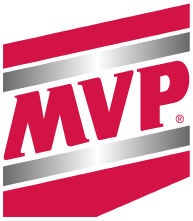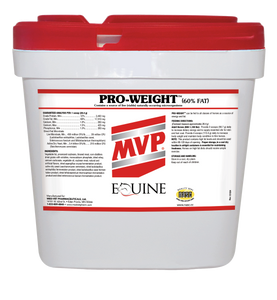Siberian Ginseng is an herb that has been used in China for thousands of years to help support energy/stamina and support a healthy immune system. Siberian ginseng is believed to act as an "adaptogen," a substance that helps normalizes body functions, supports systems compromised by stress, and helps protect against a wide variety of stressful influences.
Magnesium (Mg) is a macro mineral that is frequently recommended for a wide range of equine health conditions. Magnesium helps to maintain normal muscle and nerve function, a healthy heart, healthy immune system and strong bones. Magnesium aids to regulate blood sugar levels, promotes normal blood pressure, and known to be involved in energy metabolism and protein synthesis. Since a symptom of magnesium deficiency is agitation or anxiety, it is included in many calming supplements.
Ginger is a plant that has been used for thousands of years in Asia and hundreds of years in other parts of the world primarily as a digestive aid. It also supports healthy circulatory and cardiovascular systems.
Taurine is an amino acid found in high concentrations in electrically active tissues such as the brain, heart, retina and muscle. It stabilizes membranes and assists in the movement of electrolytes in and out of cells, which is critical for proper nervous system and muscle health. Taurine is necessary for the absorption of fats and vitamins and helps support normal insulin and glucose levels. It can be found in supplements for growing horses, nervous horses and horses with metabolic issues.
Grape Seed Extract (GSE) is rich in antioxidants to help support a healthy inflammatory response and cardiovascular health. It appears that the antioxidants in grape seed extract work cooperatively with Vitamin E to help neutralize free radicals.
Biotin is a member of the B vitamins family and, like some other vitamins, is a coenzyme for several metabolic pathways. It is involved in glucose metabolism, growth and utilization of niacin. Biotin helps aid in the growth of strong, healthy hooves due to its role in collagen formation. A number of research studies show that long-term, daily supplementation of 10-30 mg of biotin daily may help improve growth rate and hardness of hooves, especially in horses with less than optimum quality hoof horn (soft, brittle, chipped).
Chromium is a trace mineral which works with insulin to regulate blood sugar.
The Vitamin B family is made up of several compounds that support many important roles in the body: protein, fat and carbohydrate metabolism; energy production; proper nerve cell transmission, reproduction, and division (especially rapidly dividing ones such as red blood cells). B vitamins include thiamine (B1), riboflavin (B2), niacin (B3), pantothenic acid (B5), pyridoxine (B6), folic acid (B9), cyanocobalamin (B12), choline, biotin, inositol and others are sometimes referred to as B-vitamins. For most of the B-vitamins, microorganisms in the large intestine make all the horse needs. Only thiamine and riboflavin have NRC dietary requirements. However, research suggests B-vitamin supplementation may be beneficial to horses with little access to fresh pasture and/or during any periods of stress (training, injury, travel, etc.)
Do you have any tips on how to get a picky low sugar diet horse to eat supplements?
MVP: Find a low sugar “carrier” that your horse will eat and gradually mix in the supplement. Some low sugar options are; commercial feed formulated for sugar-sensitive horses (NSC level of 10% or less), shredded beet pulp (no molasses), hay cubes broken into pieces (choose a hay cube that is 10% NSC or less) or alfalfa pellets. Only use a small amount of carrier ingredient (1 cup per feeding or less if a mini). Once your horse readily eats the carrier ingredient, add a small amount of supplement and mix well. Over the next few days gradually increase the amount of supplement until you reach the full serving size. Soaking the carrier with a small amount of water may make the supplement mix in better and harder to leave behind. Add the supplement right at feeding time, do not soak.
I would like to start my mare on a metabolic supplement, there are so many to pick from. What sets them apart, they seem similar?
MVP: In review – The most essential ingredient to feed an IR horse is a minimum of 5,000mg/5gm of Magnesium. Chromium and iodine are also very beneficial when the diet is lacking these nutrients.
Anti-Carb – Formulated for a horse that is already on a balanced vitamin/mineral supplement.
Carb-X – An herbal approach, contains good levels of magnesium and chromium along with herbals that may be beneficial.
D-Carb Balance – Provides the Vitamins/Minerals that are lacking for horses receiving a low starch diet.
Magnesium 5,000 – Should be given when an all-around vitamin/mineral supplement is lacking in high levels. This is the minimum someone should do with an a horse on a low starch diet and is great for those on a budget!










